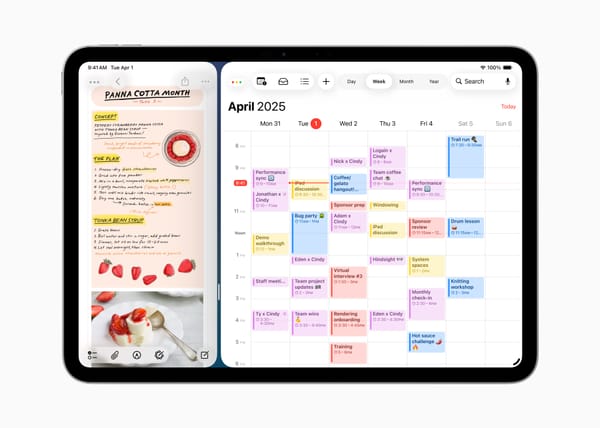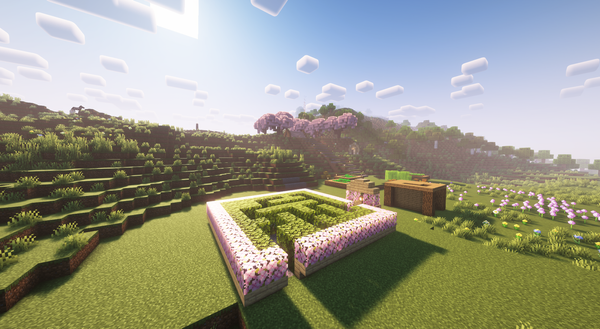2021 - A Year In Review
2021 trailed in with the destruction and mayhem 2020 offered, and it didn’t seem like it’d get any better at first. Despite these trials and tribulations, I’d like to think that 2021 turned out better for me than 2020.
2021 trailed in with the destruction and mayhem 2020 offered, and it didn’t seem like it’d get any better at first. That is, if the insurrection on January 6th in the US was any metric to go by. I still shudder at the thought of such a thing even being allowed to happen. It’s nearly the end of the year, and it doesn’t seem like we’re in a better place now than before. COVID cases are rising again thanks to the extremely transmissible omicron variant, shootings keep happening left and right, and Build Back Better keeps getting pushed back and downsized from the initial promises.
Despite these trials and tribulations, I’d like to think that 2021 turned out better for me than 2020. I’ve been working more on software and game development, and I already have the next major project in the works. I got vaccinated (COVID and flu), and I got my booster in December. On top of that, I thankfully had a somewhat normal fall semester, and I got to see my friends again.
More indie game development
I definitely spent more time making games this year. I participated in four to five game jams throughout the year, and I started work on my next major project in October. Some of the games from the game jams were successful, like No Love and Bug Bounty; others like Package Resolved and Planting Uneasy Feelings were definitely learning experiences in what not to do.
In terms of new games, I did manage to release The Costumemaster: Reloaded to the public, which started development in the summer as a port of the original game to the Godot engine. Unscripted also received some updates and the Candella framework, which really helped solidify the release.
Finally, I’ve been working on a new major project, Indexing Your Heart. It’s been fun working on this quirky game so far, with the story already fleshed out as of the beginning of December. I look forward to continuing this game in 2022 as I enter new territory and learn about striking the perfect balance for two different genres.
As for creating video devlogs on YouTube, that didn’t work out so well, and I think that’s totally fine. Creating and editing videos take a lot of work, and it’s not easy to know when to create them. Likewise, I’ve noticed a trend where aspiring game developers would prefer reading blogs and postmortems than watching a video with the same content. This is a trend I can get behind, since it can be more accessible thanks to screen readers, and it cuts out a lot of cruft most YouTube videos have to keep their memberships as a result of business.
With that in mind, I did put up a couple of devlog posts that talked about the processes and decisions behind my game jam projects, and I hope to be as helpful and informative when I write devlog posts for Indexing Your Heart.
Continuing with Starlight
Starlight got a lot of love and support this year thanks to major improvements in the Swift language and SwiftUI frameworks such as concurrency support with async/await, Markdown rendering in text elements, and better networking support in general. I’m impressed with how fast SwiftUI is maturing, and it’s been fun to work with this year.
Starlight took advantage of these improvements, and I’m pleased to say that we’re a lot further with it than we were last year. We introduced a new library, Chica, to handle network requests with the new concurrency features. The structure and layout of the app has improved a lot, too, taking advantage of AsyncImage and better layouts to make the app look good.
Having a nice Kotlin?
During and after the spring 2021 semester, I felt that I wouldn’t touch Kotlin at all because of the work we were doing in Python and SQL. However, I did get to use Kotlin when testing out the Kotlin/JVM plugin for the Godot engine, and it was my language of choice for Advent of Code before I stopped doing it. It was a great experience, and I’m impressed with what’s available in the standard library. As for trying serverless, I never got around to it, namely because I simply didn’t have a use for it.





